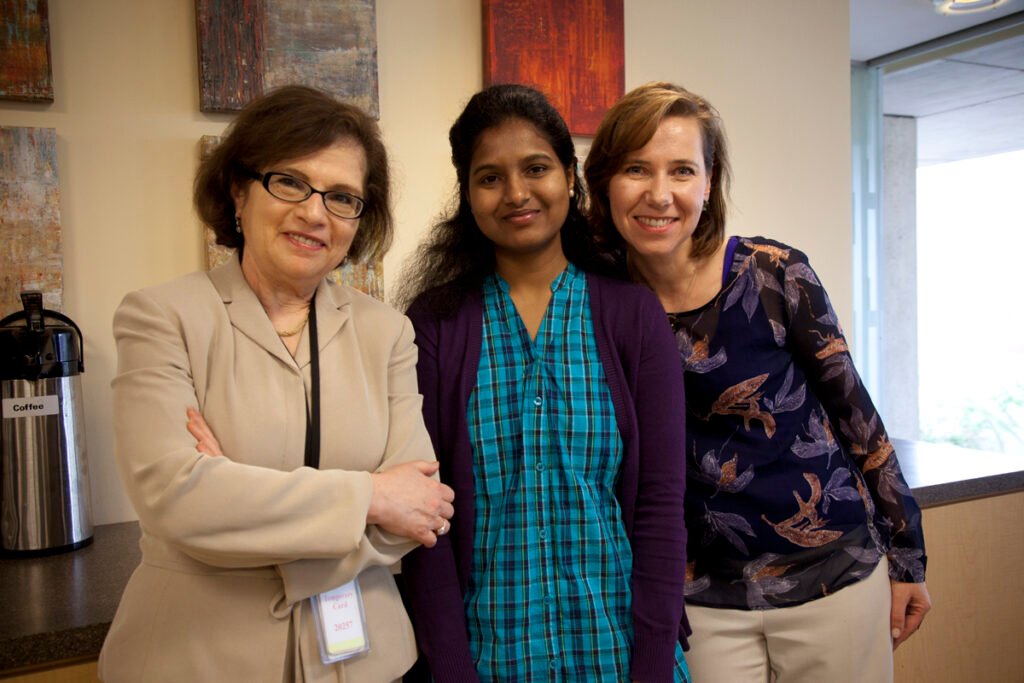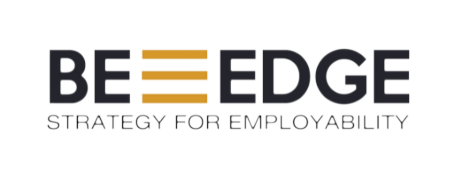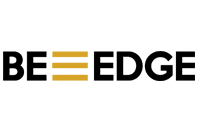
J.Ivy as a Practitioner
As a practitioner, I serve graduates, veterans, and seasoned professionals who face the “what’s next?” stage in their professional life, and who want to capitalize on their multidimensional background in their employability instead of trying to fit a given “box.”
I serve universities and businesses that are interested in assisting such multidimensional career designers in their efforts to craft their own edge for today’s job market.
I provide both of these groups with instruments of empowerment, of knowing how to invest in personal, social, and professional capital, and how to leverage this capital for boutique/built-in employability.
What I Do:
It seems that whatever I am doing as a professional, my work always combines the two practices that I love equally. These are:
My Specialization:
Recent Examples
Capstones with Coaching on Boutique Employability
I incorporated the BE-EDGE method into my “Strategy in Action” capstone course for graduating undergraduate students at D’Amore-McKim School of Business, Northeastern University. As a result, our program annually developed approximately 35 real-life consulting cases for companies from around the world, with more than 150 projects developed so far. Students provide five deliverables during the capstone:
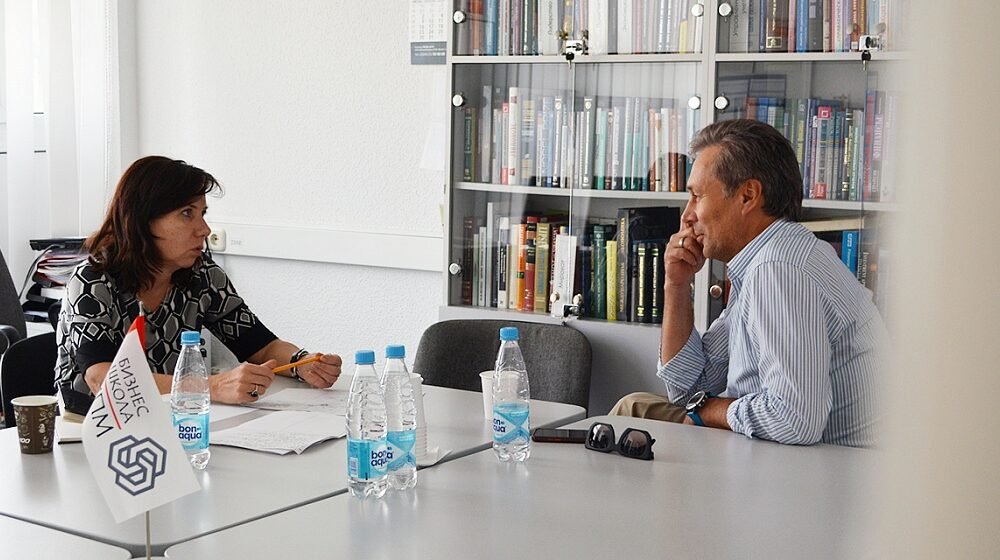
- Career Design Goals and Case Proposal. Goal: A choice and justification for the scope of industries, types of companies, and types of projects that would serve as a stepping stone in graduates’ journey toward their Professional CORE.
- Company Case. Goal: Developing personal and professional TRUST within the industry of their choice
- Problem-Solving/Consulting Report. Goal: Generating VALUE through pragmatic, problem-solving, tailored to the client’s context.
- Personal Strategy for Boutique/Built-in Employability. Goal: Linking students’ career goals soft skills, developed through the company case, and design thinking skills, developed through the problem-solving process.
- “CORE-TRUST-VALUE” Message Delivery. Goal: Exciting the market. Equipping graduates with portfolio for interviews and resume, contacts within the industry, references.
The Teaching Innovation Award I received from D’Amore-McKim School of Business at Northeastern University testifies to the effectiveness of my methods. A number of our cases have been published in SAGE Business Case collection, in the Emerald Emerging Economy Business Cases, and in case journals, strengthening visibility for companies and for graduating students.
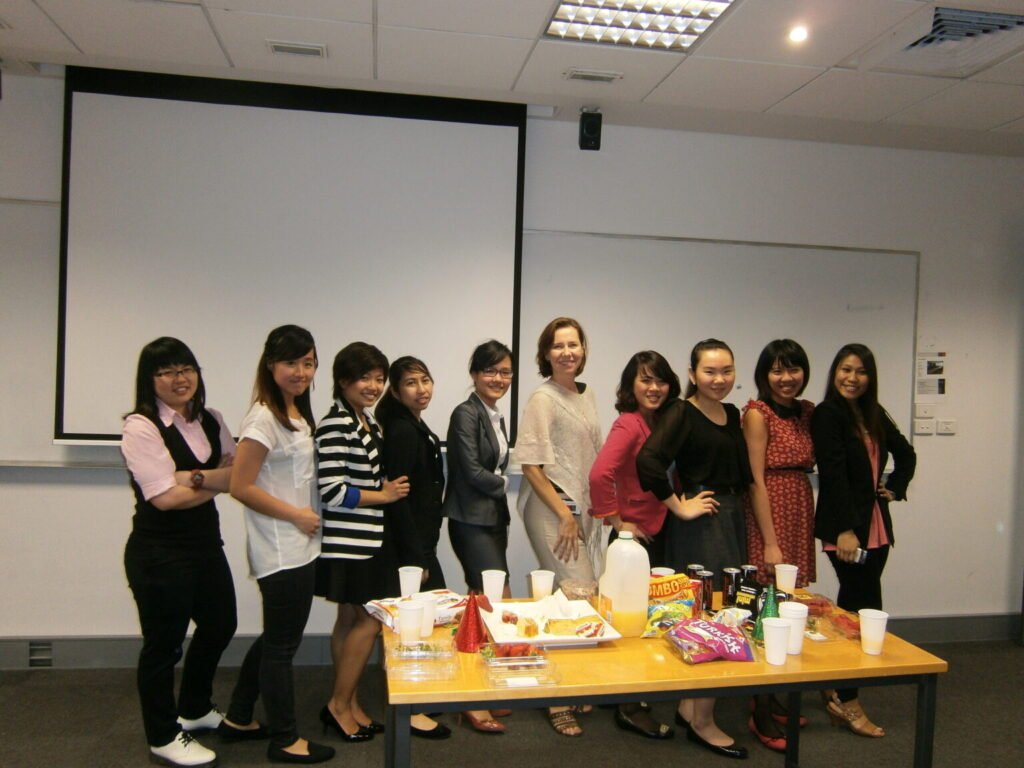
Program Development: “Make Your Case” Competition for Master Students & Alumni
In 2012, I launched a Consulting Case Writing Competition that was open for all master’s students of the College of Professional Studies. Over four years of running this competition, we had participants and their consulting cases from 12 programs — both on-ground and online. Participants, their mentors, and judges received a package of how-to instructions, examples, and rubrics.
The scope of programs: Masters in project management, leadership, global studies, corporate communications, international management, regulatory affairs, technical communication, education, MBA, and others.
We learned that the competition strongly served students’ career design and employer engagement. It provided students with a framework to define the industry, the type of organization, and the scope of specialization they desired and introduced new industry partners to the college. This resulted in my receiving a WOW Award from the College of Professional Studies, and SAGE Business Case Collection’s invitation to publish student and mentored cases.
Assessment & Consulting: Testing & Grooming Talents on the Company Fit
I have collaborated with a range of industry partners that expressed interest in assessing potential hires using the BE-EDGE method.
We defined our scope of interest as applicant’s (a) talent, focus, maturity, and scope of multidimensional built-in capabilities,
(b) social fit to the company,
(c) design thinking, relevant to the company’s scope of interests, and
(d) capacity to deliver, and developed instruments and measures for each of these.
We specified universities, veteran organizations, and recruitment agencies as different avenues for acquisition of multidimensional talent and devised methodology for cooperating with each of these entities in assessing talent that would be a good fit for the company.
